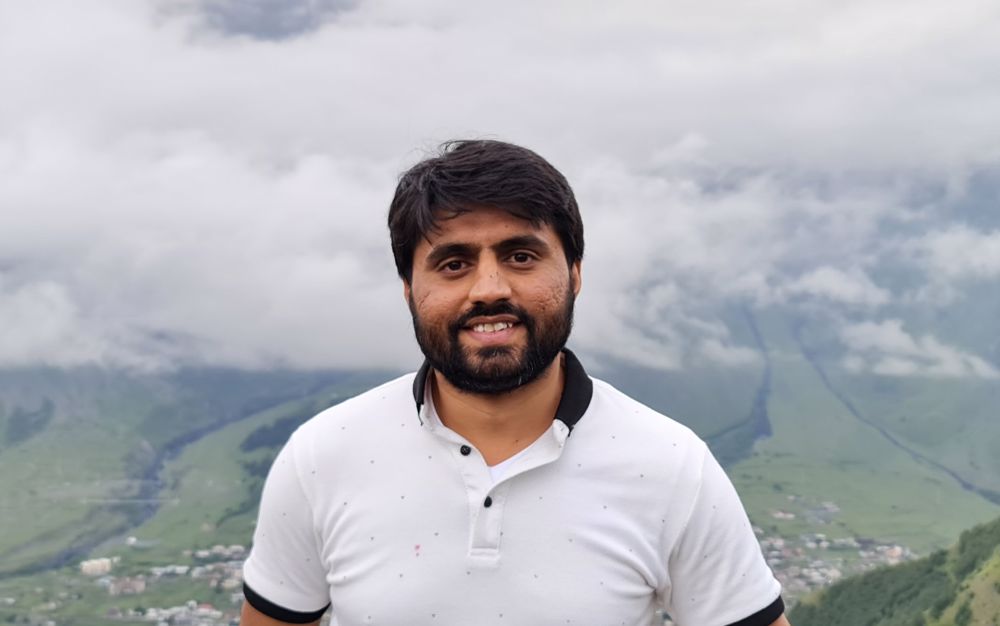Safety is my job - Muhammad Naeem Ullah
Muhammad Naeem Ullah studied Chemical Engineering at the University of Engineering & Technology, Lahore graduating in 2007. He currently works for the HSE as a Process Safety Specialist and is studying for an MSc in Management Practice at Manchester University. He is a chartered chemical engineer.
Naeem, what are your main responsibilities in the HSE?
My responsibilities include assessing the design, operation and maintenance of oil platforms outlined in the Safety Cases. I also inspect offshore facilities to evaluate the effectiveness of the systems as well as investigating accidents and hydrocarbon releases to identify root causes and regulatory breaches. So, quite literally ‘Process Safety is my job!
Can you describe a typical week?
The job involves interaction with many different groups and varies greatly. In a typical week I may be involved in discussing Process Safety Leadership issues with senior management on Monday, on Tuesday discussing Operational Integrity with the frontline workforce of a different organization, on Thursday discussing a modification with engineers and consultants and, on Friday, involved in a close-out meeting with management teams from contractors, the duty-holder and an oil company.
What do you find most interesting in your job?
Inspecting platforms. I get to see a wide variety of process safety practices, and companies from Supermajor oil companies to those new to UKCS.
Is there an achievement in Process Safety that gives you satisfaction?
I feel satisfied with my part in making UK’s offshore industry a safe place for the workforce. Working for HSE, I have been able to drive process safety changes across a range of companies, changing the way they approach Process Safety Leadership, operational integrity and risk management.

Can you outline the skills and experience that you have found most useful?
Technical skills gained during my previous employment with international oil companies in operations support and project engineering roles has greatly helped me to resolve technically complex matters. Soft skills, such as influencing skills, are also indispensable, to influence positive changes in process safety.
What skills will be needed as we move towards ‘Net Zero’?
Chemical engineers will play a pivotal role in supporting the transition from fossil fuels to Net Zero technologies. In fact, my MSc project is about management of Carbon Capture and Storage (CCS) and Offshore Hydrogen production. The project aims to prepare a resourcing strategy for the regulation of future offshore projects so that these changes can be delivered safely. Evidence from CCS design studies completed in the UK suggests that knowledge of chemical engineering principles, experience of application and a robust understanding of the challenges of CO2 are fundamental in solving complex technical issues associated with Net Zero technologies.
What would you say to a chemical engineer who wants to work in Process Safety?
When your learning curve flattens in a role or in an organization, consider a different role, for example consider changing from design to an operational role. Challenge yourself, enhance your skillset, and don’t settle on one job for too long.